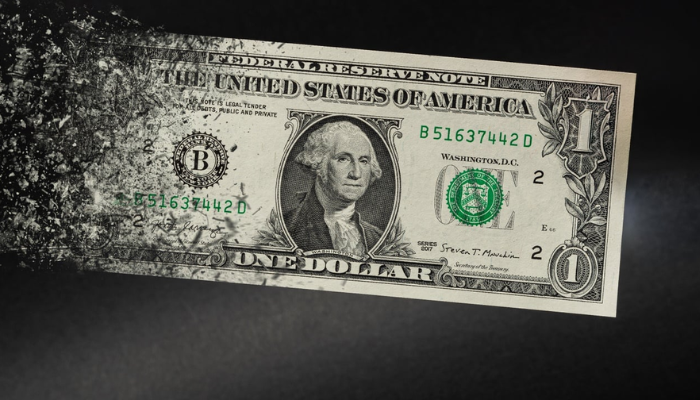Inflation Unveiled: Understanding Its Causes and Effects
Please note that we are not authorised to provide any investment advice. The content on this page is for information purposes only.
Inflation, often misunderstood, is the general increase in the prices of goods and services in an economy, leading to a decrease in the purchasing power of currency. The main drivers of inflation include the growth in money supply, interest rate adjustments, and quantitative easing measures.
For instance, you might have noticed that the cost of groceries has significantly risen since before the COVID-19 pandemic. During 2020 and 2021, the U.S. government issued three rounds of economic impact payments, totaling $931 billion, which contributed to the highest inflation rate in decades..
Historical Context and Recent Trends
The pandemic relief packages included funds for unemployment insurance, small businesses, healthcare, and education. As a result, the U.S. experienced its highest inflation rate in decades, peaking at 9.1% in June 2022—the highest since November 1981. To combat this, the Federal Reserve increased the federal funds rate, aiming to reduce inflation to 2% from nearly 10%.
Despite these efforts, inflation has remained above 3%, indicating that the substantial stimulus measures, such as direct payouts, significantly impacted inflation rates.
India is f*c*ed??
Here is the graph comparing the M1 Money Supply between India and the United States over the last 100 years (1924-2024). The data for India is in INR trillion, while the data for the US is in USD trillion. This visualization illustrates the long-term growth… pic.twitter.com/3EbLg9TIfM
— Anant Tapadia (@anant_tap) May 29, 2024
The Mechanisms Behind Inflation
Inflation is fundamentally the result of an increased money supply, as highlighted by Austrian economic theory and economist Murray Rothbard. In his 1963 thesis, “What Has Government Done to Our Money?”, Rothbard argued that fiat currency systems, where money is not backed by tangible commodities like gold, allow for greater increases in the money supply. This inflation of the money supply decreases the value of currency, raises prices, and disrupts the market economy. Rothbard likened fiat currency to a Ponzi scheme, where new money benefits early recipients at the expense of later ones, creating an illusion of prosperity.
Ethical Implications and Wealth Preservation
Inflation can be seen as unethical because it devalues money, effectively transferring wealth from the public to the state without consent. This devaluation results in higher prices across the economy, and blaming corporate profits for inflation overlooks the role of monetary policy. Understanding the dynamics of inflation is crucial for economic participants. Many people turn to decentralized cryptocurrencies like Bitcoin (BTC) and commodities like gold to protect against inflation, government intervention, and currency depreciation.
Conclusion
Grasping the causes and effects of inflation is essential for navigating the economic landscape. As policy decisions and market reactions shape inflation’s path, awareness and strategic financial planning can help individuals and businesses safeguard their wealth and maintain financial sovereignty.






